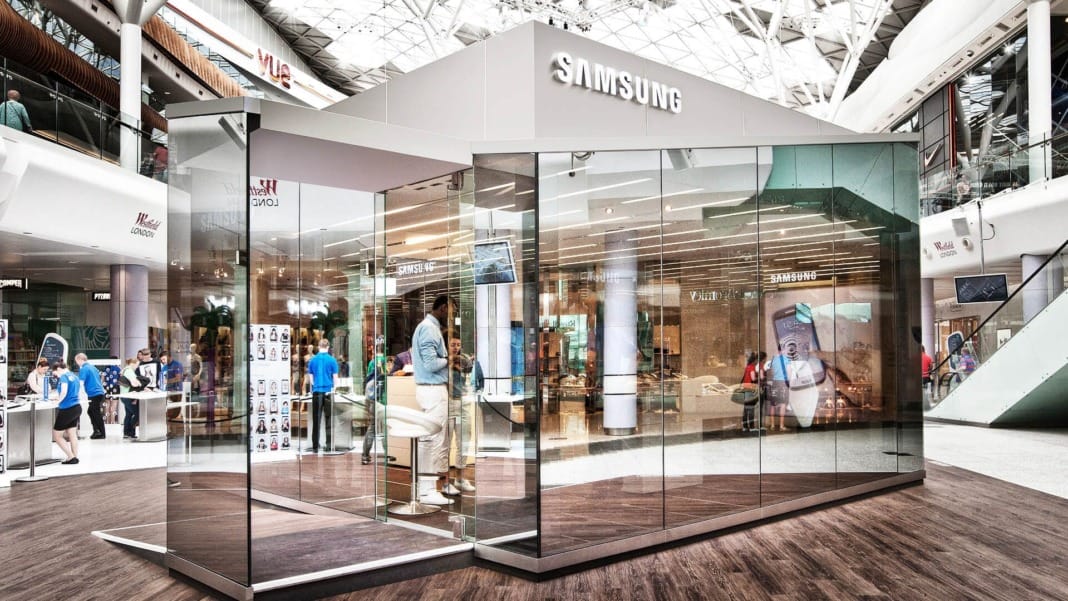Just when you thought it was safe to browse the internet, Google has changed its plans to remove third-party cookies in Chrome. Instead, Google wants to let “people make an informed choice that applies across their web browsing.” What precisely this means still needs to be determined.
Google’s new approach
Previously, we reported that evolving data and online privacy laws might influence Google’s decision to eliminate third-party cookies. Now, Google says it will discuss this new approach with regulators and engage with the industry as these changes unfold.
With cookies, the advertising industry can determine individual preferences, making it easier to deliver targeted ad campaigns. Google acknowledges that “this transition requires significant work by many participants and will impact publishers, advertisers, and everyone involved in online advertising.”
Regulatory response
Google may still face challenges. Stephen Bonner, Deputy Commissioner at the Information Commissioner’s Office (ICO), expressed disappointment in a statement:
“We are disappointed that Google has changed its plans and no longer intends to deprecate third-party cookies from the Chrome Browser. The new plan set out by Google is a significant change, and we will reflect on this new course of action when more details are available. Our ambition to support the creation of a more privacy-friendly internet continues. Despite Google’s decision, we continue to encourage the digital advertising industry to move to more private alternatives to third-party cookies—and not to resort to more opaque tracking forms.”
What does this mean for you?
If you’re an advertiser, Google’s decision allows you to continue using user browsing data for targeted ads. For consumers, Google promises more “privacy-preserving alternatives.” However, we do not yet know what form these will take, so it’s best to hold off on making any judgements for now.





